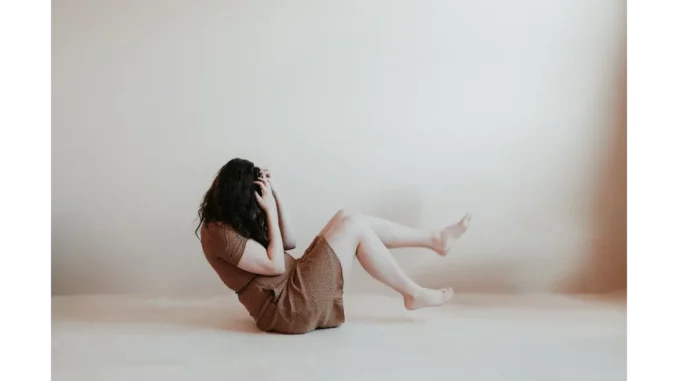
The Cultural and Psychological Roots of Relaxation Induced Anxiety: Unraveling the Paradox
Elegancia – Wellness and tranquillity in the comfort of your home.
Relaxation-induced anxiety (RIA) presents a curious paradox: the quest for tranquillity that instead ushers in waves of anxiety. This enigmatic condition is deeply rooted in both cultural and psychological dimensions that shape our understanding of relaxation and productivity.
Cultural Influences: The Productivity Paradigm
In Western cultures, the pursuit of productivity and achievement is often heralded as a virtue. From an early age, individuals are encouraged to chase success, set ambitious objectives, and maximise every moment. This cultural narrative often embeds a subconscious belief that relaxation equates to idleness or a lack of ambition.
For those who internalise these societal values, relaxation can become a source of guilt and anxiety. The mere act of taking a break may be perceived as betraying societal expectations, creating an internal tug-of-war between the necessity for rest and the relentless drive for productivity. As design expert Emma Matthews notes, “Our cultural fabric often intertwines relaxation with notions of unproductiveness, challenging our ability to truly unwind.”
Psychological Factors: The Inner Struggle
Beyond cultural influences, psychological factors significantly contribute to RIA. Individuals raised in environments where they are constantly attuned to the needs of others may develop a sensitivity that renders relaxation as a perceived loss of control or failure to meet obligations.
Moreover, a pervasive fear of inadequacy can foster a relentless need for activity. This scarcity mindset, characterised by a belief in perpetual insufficiency of time, money, or resources, keeps individuals in a constant state of stress. For these individuals, relaxation poses a threat to their perceived security and self-worth. Renowned psychologist Dr Emily Hayes suggests, “Our psychological conditioning often prioritises vigilance over vulnerability, making relaxation feel like a daunting surrender.”
Strategies to Overcome RIA: A Path to Balance
Addressing RIA requires challenging the core beliefs and fears that underpin anxiety. Here are a few expert-recommended strategies:
-
Reflect on Underlying Fears: Take a moment to identify and articulate the fears tied to relaxation. Document these fears and scrutinise their validity. Are they grounded in reality, or are they manifestations of cultural or personal misconceptions?
-
Cultivate Self-Compassion: Embrace exercises in self-compassion, such as those advocated by psychologist Kristin Neff, to counter feelings of inadequacy and guilt. Nurturing a kind and accepting relationship with oneself can alleviate the pressures that fuel RIA.
-
Visualise Acceptance: Imagine a life of self-acceptance, free from the incessant need to prove worth. Through visualisation exercises, cultivate a mental shift towards embracing oneself as is, thereby reducing anxiety associated with relaxation.
-
Challenge the Scarcity Mindset: Recognise the impact of a scarcity mindset on behaviour. Practise gratitude and abundance thinking to transform your perspective on time and resources, fostering a sense of plenty rather than lack.
-
Gradual Exposure to Relaxation: If relaxation incites anxiety, consider incrementally exposing yourself to relaxing activities. Begin with brief, manageable periods, gradually extending as comfort with relaxation grows.
Understanding the complex interplay of cultural, psychological, and personal factors in relaxation-induced anxiety is pivotal. By dismantling these barriers through informed strategies, individuals can embrace a balanced approach to rest and productivity. Recognising relaxation as a fundamental component of well-being paves the way towards a healthier, more fulfilling life.


Be the first to comment